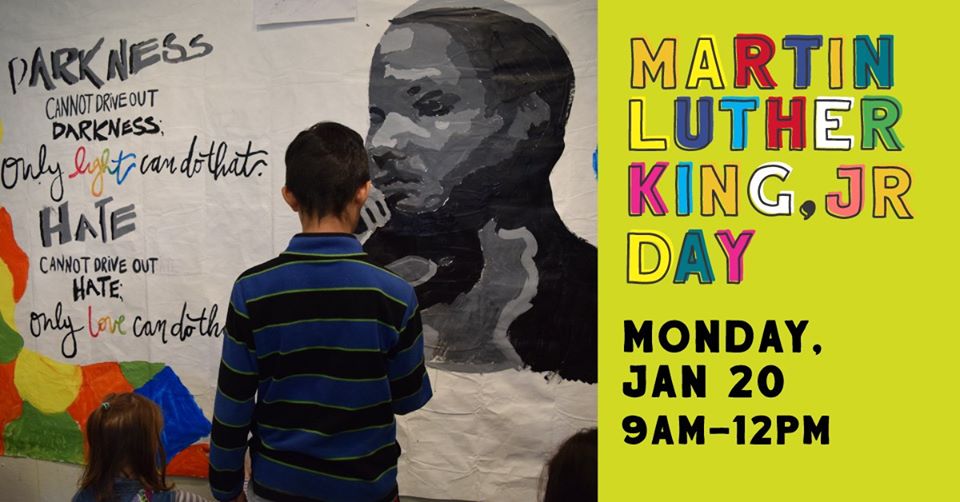Despite the progress that the United States has made in guaranteeing the same rights and privileges to black citizens as to white citizens, the black community is not where it should be.
That’s the message that was delivered by United States Representative Bonnie Watson Coleman (D-Mercer, Middlesex, Somerset, Union) at the Rev. Martin Luther King Jr. celebration at the Arts Council of Princeton on Jan. 20.
Coleman said that while she “loved” King, she did not always appreciate him.
“When I was younger, I didn’t think he was ‘bodacious’ or ‘in your face’ enough. But I realized as I grew older, his attitude was exactly what we needed [at the time],” Coleman told the overflow crowd at the Arts Council of Princeton.
“Love trumps hate all the time,” she said.
Why was King’s life so important? Why do we need to stand up now, Coleman asked rhetorically.
“It’s because we realize Martin Luther King Jr. fought the good fight. We need to do the job that he wanted to do. He tried to motivate us. We are all in this together,” Coleman said.
But if King were alive today, Coleman said, he would be “so sad and angry.” He would ask what purpose did his life have, because the United States is “backsliding,” the congresswoman said.
“We talk about ‘slavery this’ and ‘slavery that,’ reparations, the 1619 Project (that memorializes the first African slaves to arrive in the colonies). For the first time, we are making a connection to our history,” she said.
King would also be disappointed because “pernicious, insidious racism” is still alive today, Coleman said. Blacks have not achieved parity with the rest of the population.
“We don’t have communities like Princeton that are willing to bring in affordable housing so we can have the rich tapestry,” Coleman said.
As far back as World War II, the federal government created opportunities for military veterans to move into houses in neighborhoods in the suburbs, she said. But that was for white veterans, not black veterans, she said.
“Even our housing policies created inequities that have not been overcome yet,” Coleman said. New housing developments placed restrictions on who could move in, promising white buyers that the neighborhood would be white and that housing values would not fall.
Steps have to be taken now to ensure that fair housing laws are enforced so that housing can be built for all the people who work in the area, Coleman said.
There are other areas where blacks are not treated fairly or equally, she said. She pointed to medicine, where black patients are not always offered the same medical treatment as white patients.
Mental health is another issue facing the black community, she said. The number of blacks who are committing suicide is rising. Children are experiencing post traumatic stress syndrome. They need access to mental health treatment, the same as white persons.
Coleman said that when she visited Israel, children suffered from post traumatic stress syndrome. They had 30 seconds to reach a bomb shelter, but black children are experiencing post traumatic stress syndrome just walking to school, she said.
More minorities are in jail than their white counterparts, Coleman said. If someone lands in jail, he or she should have a chance to learn skills to be able to re-enter society. They should also be granted the right to vote again.
Voting is an important civic responsibility, Coleman said. People must vote, whether it is for the school board, the city council or state or federal offices, she said.
“I don’t care who you vote for, but every time you vote, be sure your interests are being represented by the person you voted for,” Coleman said.
“What we have is not what we have to have. We have to stand up,” Coleman said.
“In November, we can do what we need to do. The least among us will get the chance to make decisions. Do not be deterred,” Coleman said of the November general election.

